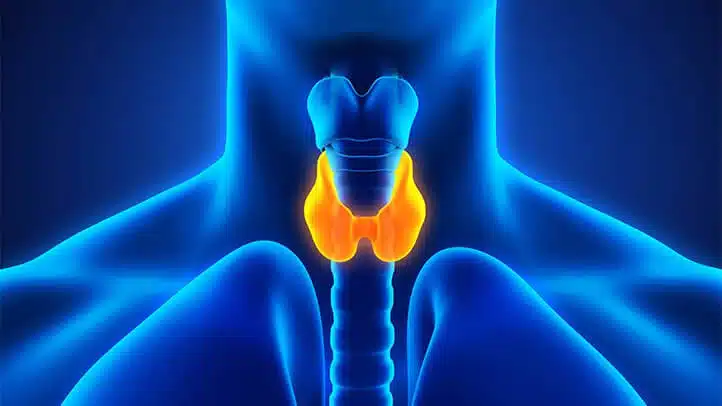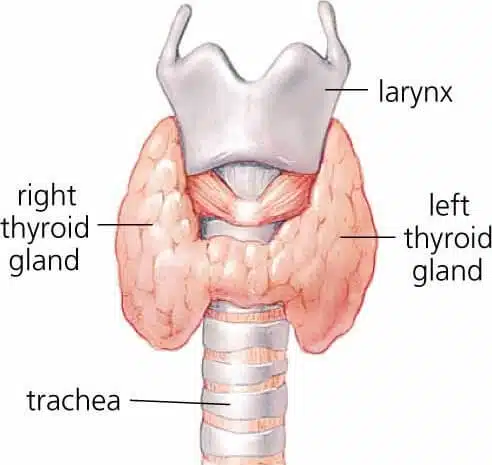Thyroidectomy: definition, purpose, and procedure
Thyroidectomy is a type of surgery that aims to remove all or part of the thyroid gland. It is done once the thyroid has some abnormal conditions. Thyroid diseases may make breathing or swallowing difficult and interfere with the patient’s normal metabolism. Thyroidectomy is also done when the surgeon diagnoses cancer. Thyroidectomy can be done by different methods.
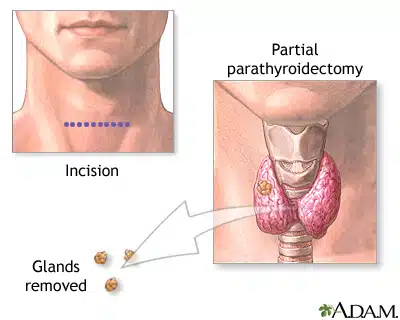
What is thyroid?
Thyroid is a gland that is located at the base of the neck. Thyroid has a butterfly shape. Thyroid function is to produce hormones that regulate metabolism in the body. All aspect of metabolism from heart rate to calorie burn are regulating by thyroid. Thyroid may have various problems such as cancer, noncancerous enlargement (goiter), getting overactive (hyperthyroidism), and indeterminate or suspicious nodules. Goiter that causes swelling in front of the neck may make breathing or swallowing difficult. Hyperthyroidism causes abnormally increased use of oxygen and other materials such as nutrients.
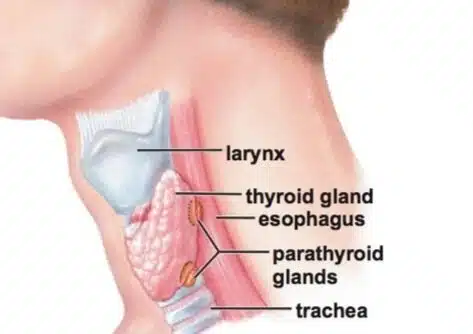
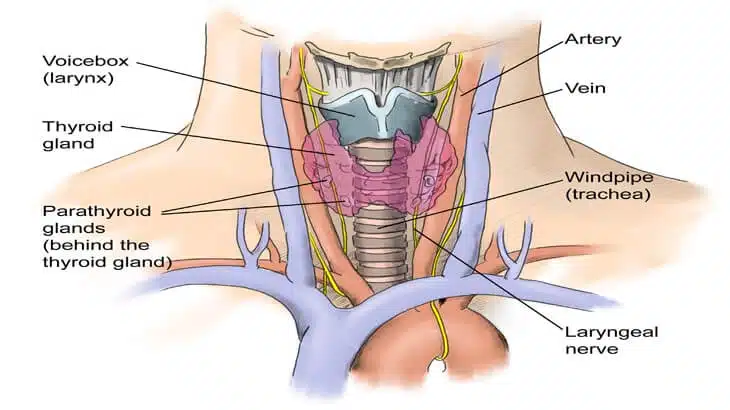
Types of thyroidectomy
There are three approaches to this surgery:
-
Conventional thyroidectomy
In this procedure, the incision is made in front of your neck so that the surgeon directly accesses your thyroid gland. This method is more common compared to other types.
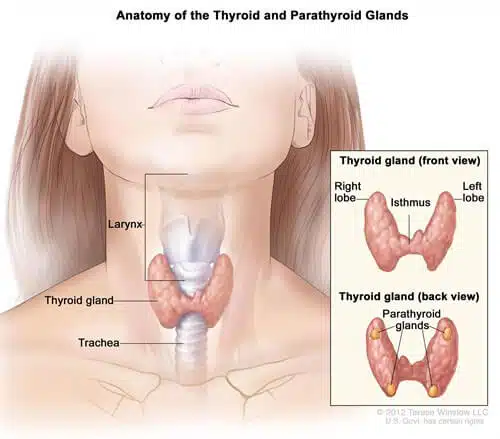

-
Trans oral thyroidectomy
In this method the incision will not made in neck and the surgeon performs the surgery by making an incision inside the mouth.
-
Endoscopic thyroidectomy
In this method small incisions are made in the neck. The surgeon inserts a small video camera and surgical instruments through the incisions. The camera displays the area on the screen and guides the surgeon.
Thyroidectomy procedure description
Thyroidectomy is done under general anesthesia. When you fall to sleep the surgeon makes an incision. The incision’s area depends on the type of the surgery. It is of great importance in this surgery that the surgeon separates the thyroid gland from parathyroid glands that may be located on thyroid gland and preserve them. They might be injured or removed. Parathyroid glands regulate your body’s calcium level. They may under-perform for several weeks after the surgery. Thus, your blood calcium level will be normal after discharge.
